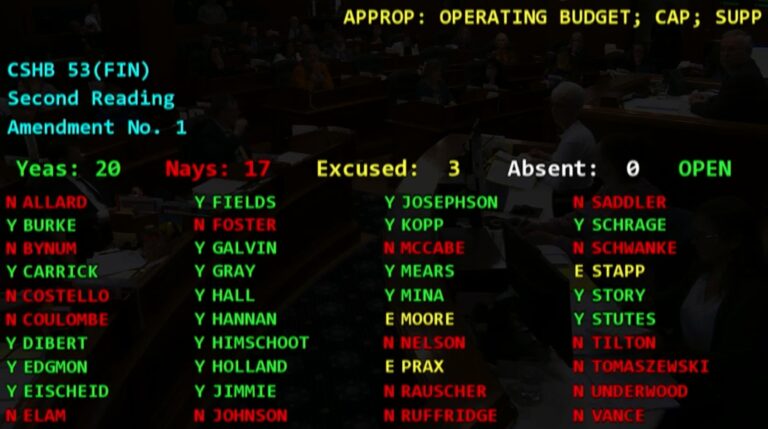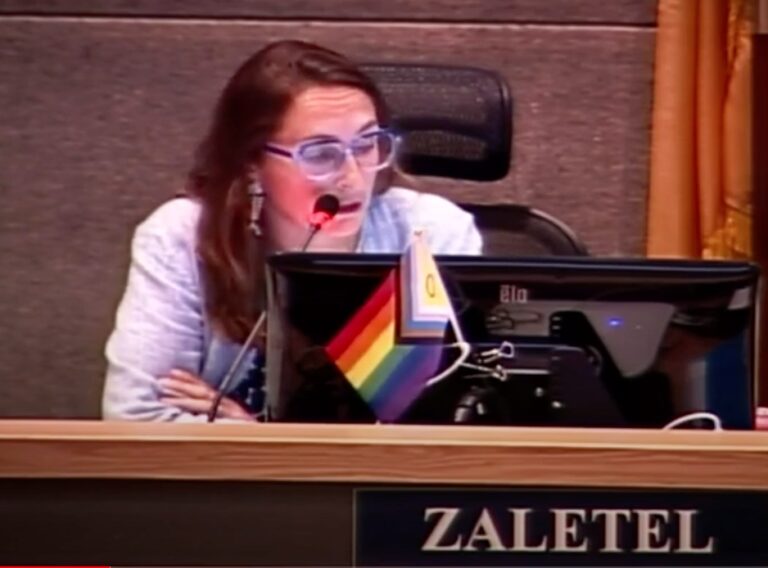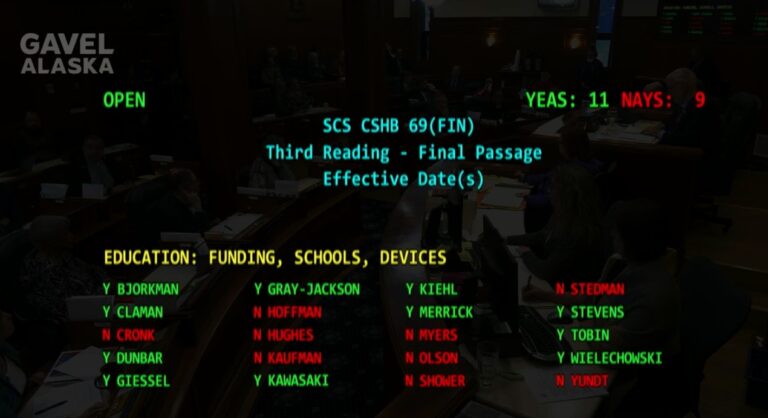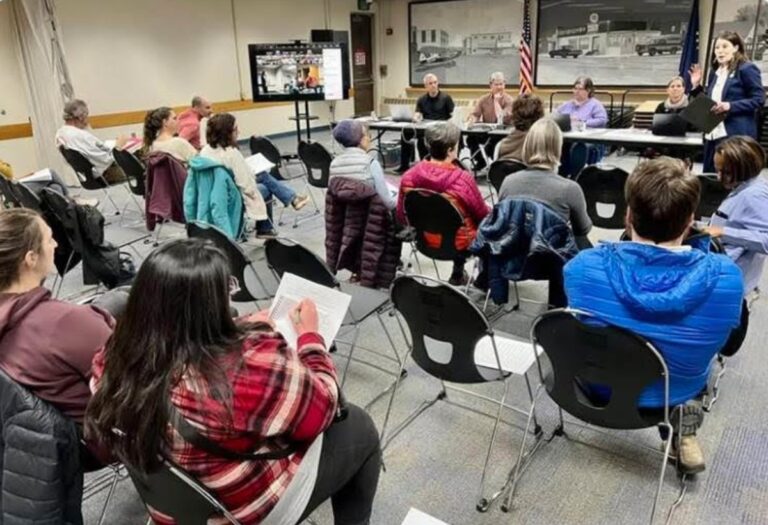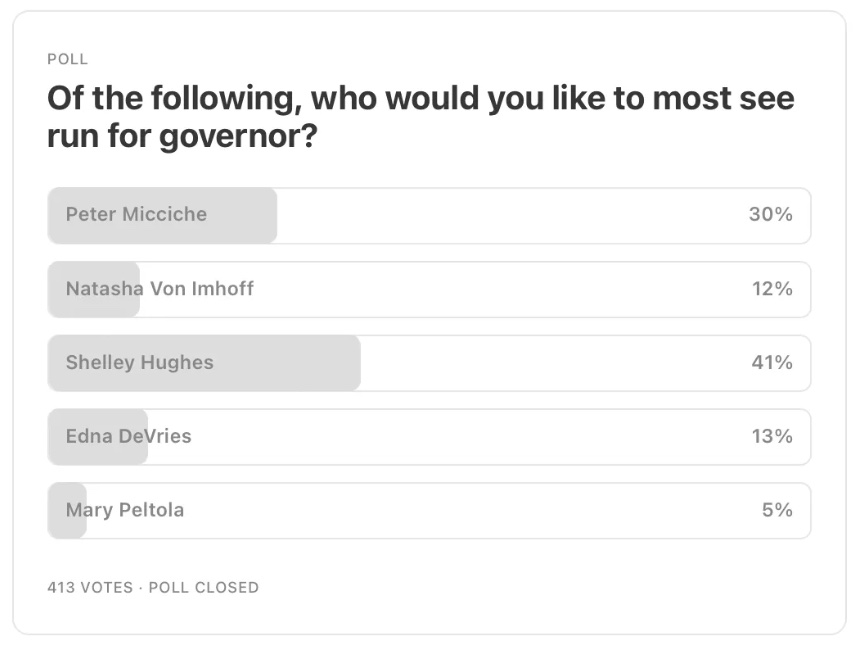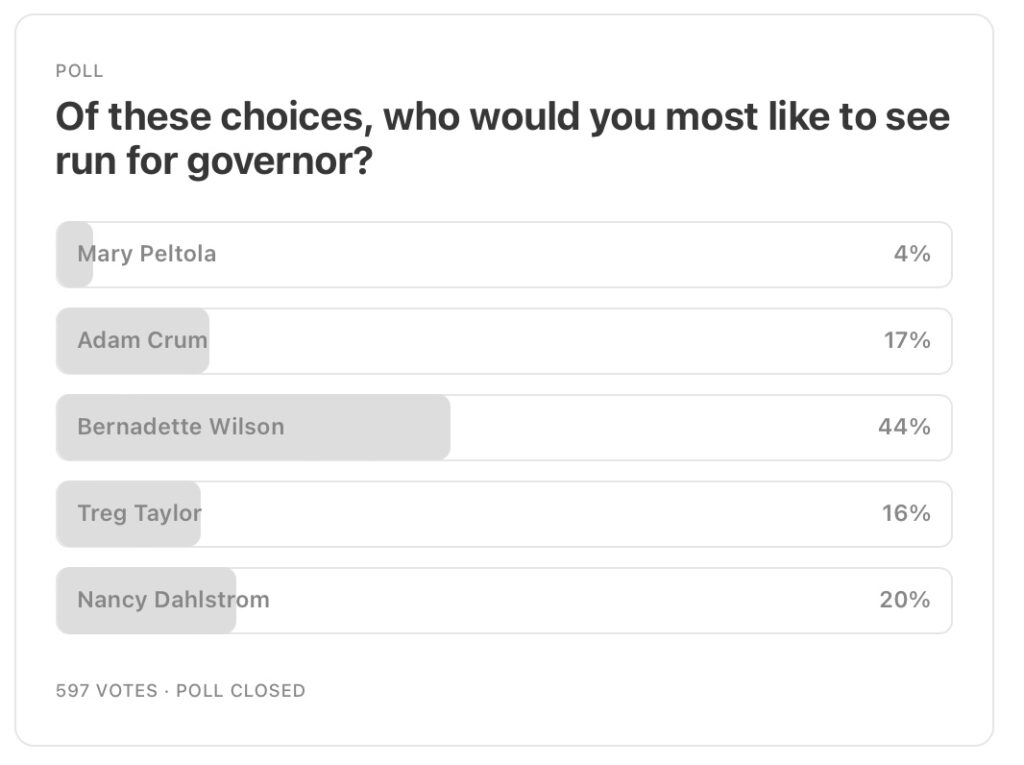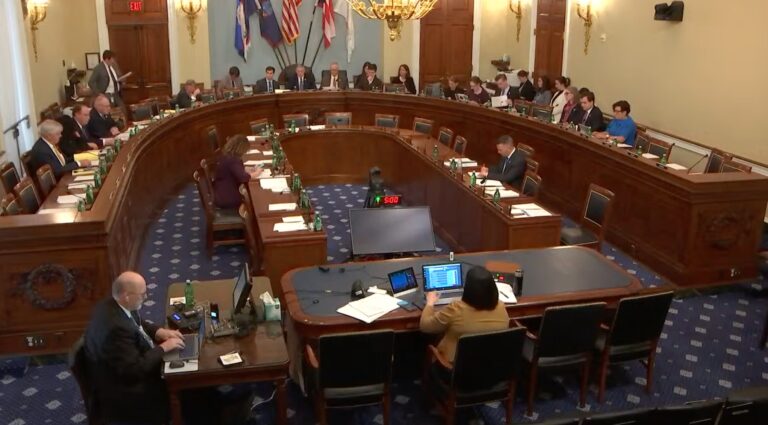Three missing Republican House members was all it took for the Alaska House Democrats to take advantage of the situation and pass an amendment to the state operating budget that stripped over $1,900 from every Alaskan’s full Permanent Fund dividends.
The House Democrat-run majority, with two Republicans who belong to it, knew there were three Republicans who would missing on Friday afternoon, and so held the budget question until later in the day, and also made sure all Democrats were not on planes out of Juneau. Every single Democrat was present.
Missing were Republican Rep. Elexie Moore, Rep. Mike Prax, and Rep. Will Stapp, all who might have voted no. All three had excused absences, which gave Democrats the small window needed to shrink the PFD.
The amendment passed 20-17. They were able to pass with the majority of those present, not the full majority. Being absent is essentially a “no” vote.
For several weeks, the House has had “No-Floor Fridays,” which is a phrase for not having any bills for consideration. But this Friday was different. A full slate of bills was on the calendar, including, quite surprisingly, the operating budget, which had passed from the Finance Committee. The two rural Democrats on the Finance Committee were not in agreement to cut the PFD, and so because of errors made by Finance Chair Rep. Andy Josephson, the full dividend was in the final package.
The Democrats sat on the budget and then sprang into action with one amendment on Friday, with the knowledge the Republicans were short a few members.
Speaker Bryce Edgmon had already promised there would be no amendments to the operating budget until Monday, and then he went back on his word. Amendment No. 1 was the reduced PFD, and it was packaged and ready to go.
The House Democrat majority, in a press release, called it an “affordable and sustainable PFD of approximately $1,400.”
In actuality, that means the annual dividend paid to Alaskans as their share of oil will be used instead to pay for a $1,000 increase to the base per-student funding for school districts, which had already passed the House and Senate, but which the governor says he will veto. Proponents of the larger school budget say that schools are dealing with inflation, meaning they cost more to run.
Unacknowledged by those small-dividend proponents is that Alaskans, too, have been dealing with inflation, and that a tax on the dividend hurts the poorest Alaskans the most.
But the spin from the House Democrat-led majority was to blame it on the Republicans:
“The intention was to wait until Monday to begin the amendment process as would normally occur. However, after the events last night in the House Finance Committee made painfully clear, any attempts at finding middle ground would continue to come up short. With that in mind, it became clear that it was the only path forward to maintain funding for essential services, provide for a meaningful permanent BSA increase, and a healthy but sustainable PFD for Alaskans,” the Democrat-led majority wrote in a press release.
In the end, the Democrats cleverly outsmarted the Republican minority. Not a single Democrat left Juneau on Friday afternoon’s flight, because there was a game afoot, and they knew three missing Republicans were all they needed to shrink the dividend, rather than shrink the government.
Rep. Jamie Allard of Eagle River explained it well in a post on X: “Tonight on the House floor it was a contentious political maneuver by the Democrats to take the Permanent Fund Dividend (PFD). The Democrat Majority in the House went back on their word to delay amendments until Monday, they cut the dividend by more than 25%. As a member of House Finance Committee, their own Democrat members wouldn’t pass it out of finance. This was timed strategically to exploit the absence of several Republican Minority members who were excused. Thank you Representative Neal Foster for voting No to NOT reduce the PFD.”
The governor cannot add funds back to the reduced Permanent Fund dividend. By law, he is only allowed to veto, but cannot add funding that the Legislature cuts.
